05/24/2018
This DIY Herb Garden Is So Pretty
Terrariums are having a moment and we’ve definitely had our fun making several that are tucked around the house. While cleaning up leftover materials I realized they would be perfect for putting together an indoor herb garden. Along with being so pretty, having your own…
12/11/2017
The Supreme Banana Bread
We love banana bread at our house and the small person is all grown up and more than able to handle herself around the kitchen. Banana bread is such a fun recipe to experiment with, letting you add bits of whatever you have hiding in…
03/17/2015
Spring vegetable quinoa pilaf
The other day we hit our local farmers market to load up on all the amazing goodness that’s been growing. Spring has sprung and we’re seeing our first green veggies of the season. From asparagus to green beans, I had a hard time holding back…
The Supreme Banana Bread
Tips for talking with your child about art
Spring vegetable quinoa pilaf
Cooking with kids: Super easy homemade tuna cakes
Painting with pipe cleaners
Fine Art for Kids: Staying in the lines with Robert Delaunay
Summer Sandwiches: Healthy Italian Melty
Fine art for kids: Overlapping with Hofmann
Tinkerlab: A Hands-On Guide for Little Inventors
Featured Category
Tips for talking with your child about art
Creating art with your child should be a fun experience even if you’re not arty yourself. Keeping in mind that your child is making marks simply for the pure pleasure of it, and not worrying about the result, is an important part of sharing the
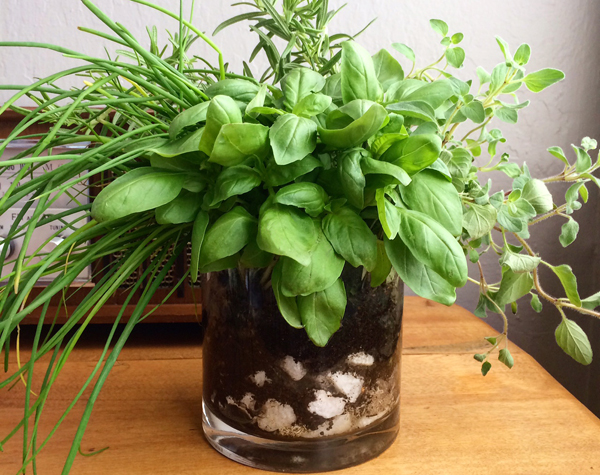




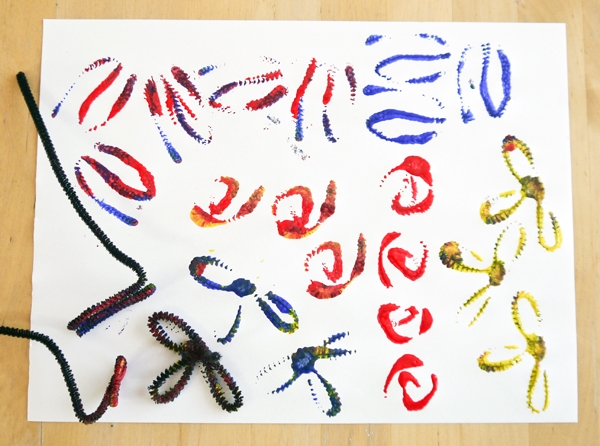

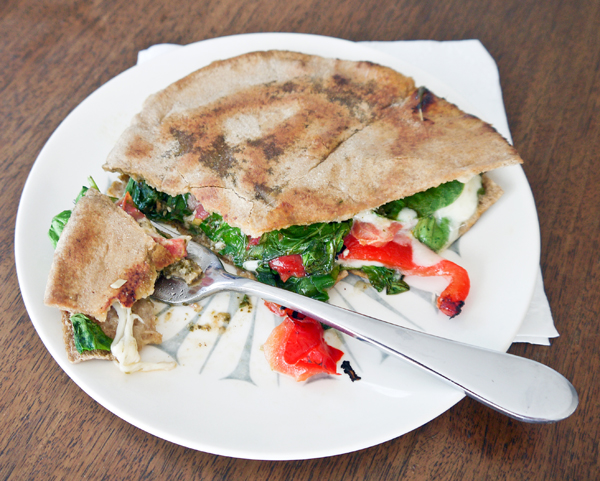
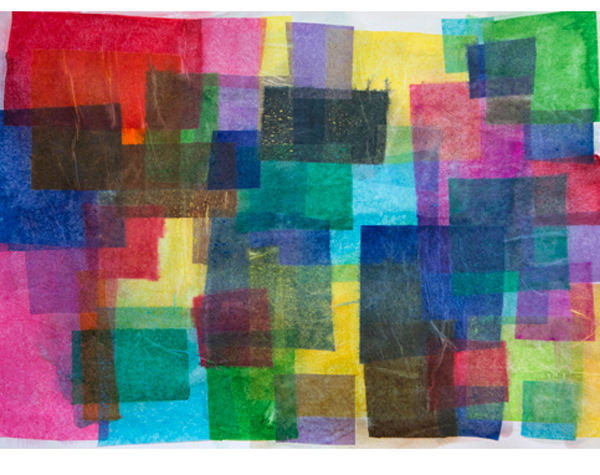
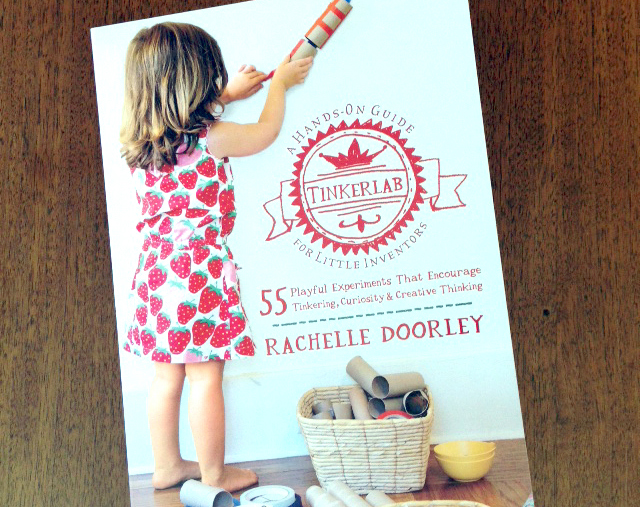
Recent Comments